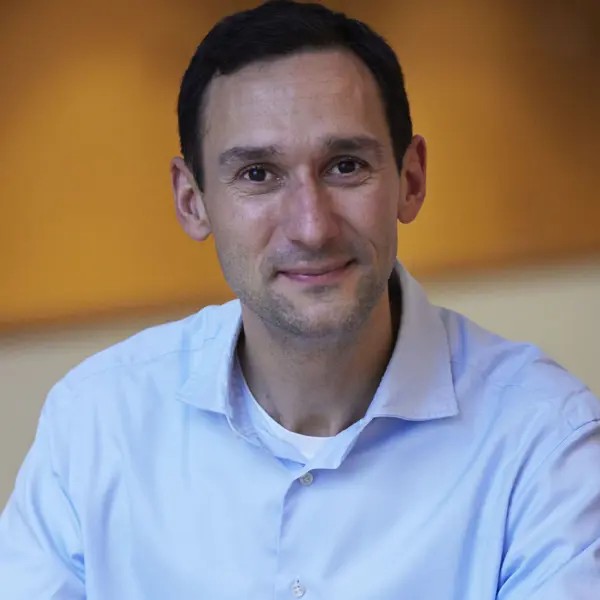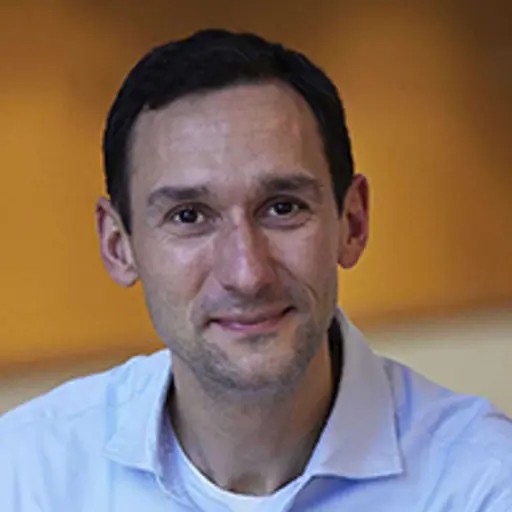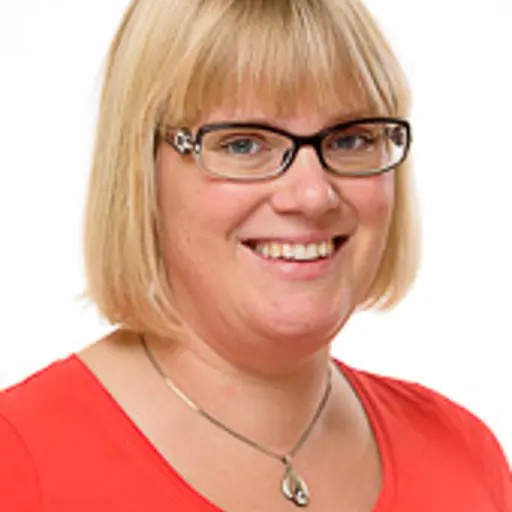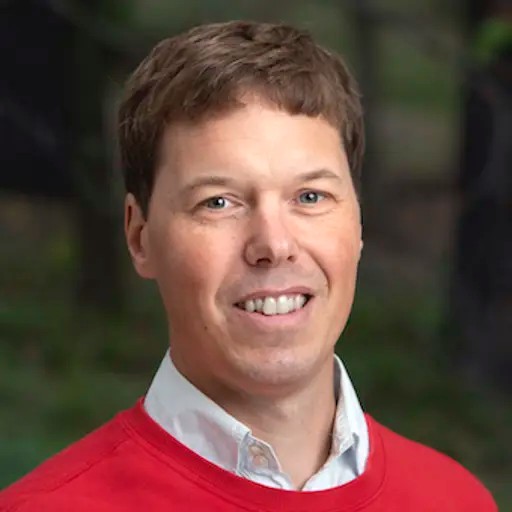Knut and Alice Wallenberg Foundation have chosen the researchers to become Wallenberg Scholar 2024, and to receive the Wallenberg Academy Fellows prolongation grants 2024, and three researchers are currently active at Chalmers University of Technology.
The five-year long Wallenberg Scholar program focuses on Sweden’s leading senior researchers. Among the researchers awarded the grant for 2024 is Witlef Wieczorek, Professor at the Department for Microtechnology and Nanoscience at Chalmers.
Two Chalmers researchers, Elin Esbjörner, Associate Professor at the Department of Life Sciences, and Klas Modin, Professor at the Department of Mathematical Sciences, have been granted Wallenberg Academy Fellows prolongation grants for 2024. The program aims to provide long-term funding for young researchers and aims to increase internationalization of the Swedish research environment.

Witlef Wieczorek: How far do the laws of quantum physics stretch?
The remarkable laws of quantum physics appear only to show up on a very small scale, even though the theory also applies to larger objects. Wallenberg Academy Fellow Witlef Wieczorek is attempting to render quantum physical phenomena observable in an object ten million times heavier than has so far been possible.
“Having been awarded with a Wallenberg Scholar is a wonderful moment in my academic life! It gives me and my research group the great opportunity to address a long-term and challenging research question, which seeks to deepen our understanding of basic quantum science. I am deeply grateful for this continued support.”
What will you be exploring/researching during this scholarship?
“A cat that is simultaneously dead and alive is a well-known thought experiment in quantum mechanics. This situation is more formally called a superposition state. Such states can be realized with microscopic systems such as, for example atoms, photons, or even molecules. The capability to generate these states forms the basis for the development of quantum technologies. However, can superposition states exist for even larger objects? The answer is not clear - so far. My project will explore this question and aims to generate such states with micrometer-sized levitated particles.”

Elin Esbjörner: Understanding the causes of neurodegenerative diseases
Diseases such as Alzheimer’s and Parkinson’s are associated with neurotoxic protein aggregation, as well as transport and spread of protein aggregates between nerve cells and, in some cases, traffic jams in the transport systems of nerve cells.
Wallenberg Academy Fellow Elin Esbjörner aims to increase our understanding of these processes and whether methods that block transport and traffic jams could pave the way for new treatment strategies.
"The Wallenberg Academy Fellow grant has meant a great deal to me and my research group’s ability to focus long-term on a specific problem. The five-year extension is fantastic and enables us to truly capitalize on what we have learned so far and make further progress, now with a greater focus on Parkinson’s disease."

Klas Modin: Paving the way for gentler radiotherapy
The mathematical progress made by Klas Modin may lay the foundation for milder tumor radiation therapy. As a Wallenberg Academy Fellow, he is developing a better understanding of shape analysis, while at the same time ensuring that theoretical progress is translated into practical benefits.
"Recently, we have explored connections between quantization theory and hydrodynamic models for atmospheric flows. The WAF-extension enables us to delve into these surprisingly deep connections and possibly make headway in an old, cardinal problems of mathematical physics: the long-time behaviour of the 2-D Euler equations."
Read about Klas Modin’s research project at KAW's website.
Contact
- Head of Division, Quantum Technology, Microtechnology and Nanoscience
- Head of Division, Molecular Bioscience, Life Sciences
- Professor, Applied Mathematics and Statistics, Mathematical Sciences


